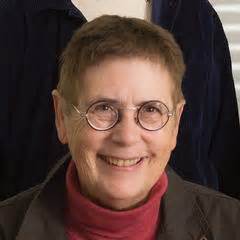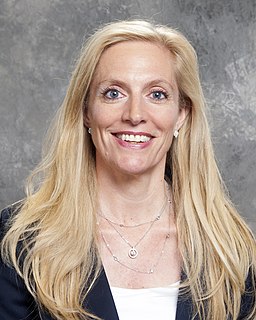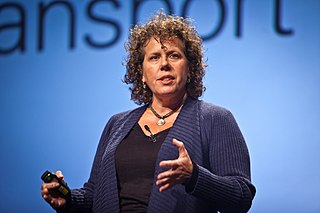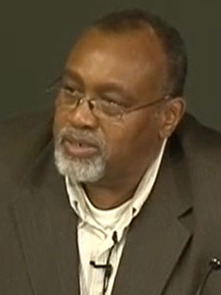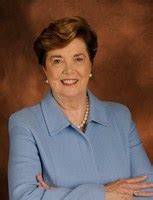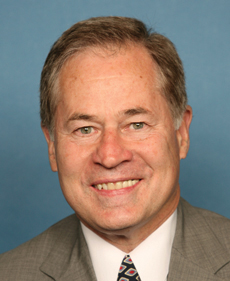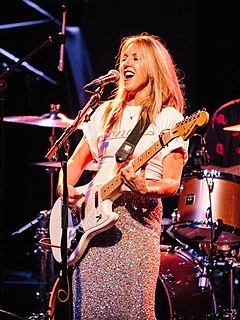A Quote by James Langevin
I am fortunate to have access to an array support and services, and I certainly could not do my job without them. But sadly, not everyone has access to the same resources.
Related Quotes
In the Internet world, both ends essentially pay for access to the Internet system, and so the providers of access get compensated by the users at each end. My big concern is that suddenly access providers want to step in the middle and create a toll road to limit customers' ability to get access to services of their choice even though they have paid for access to the network in the first place.
Differences of power are always manifested in asymmetrical access. The President of the United States has access to almost everybody for almost anything he might want of them, and almost nobody has access to him. The super-rich have access to almost everybody; almost nobody has access to them. ... The creation and manipulation of power is constituted of the manipulation and control of access.
America is the only advanced industrial democracy where people can get sick and languish because they can't afford care. Or where people are blocked in access to the system because they don't have access to insurance, which is only available through certain narrow portals and under certain very restricted conditions. We're the only society that hasn't embraced this idea that no one should go without access to these services, regardless of their financial condition. And no one should be saddled with a lifetime of debt because they have the misfortune of falling ill.
NC LIVE has the potential to give citizens across North Carolina immediate access to the rich array of information resources housed by the libraries on UNC's 16 campuses. It will allow unprecedented collaboration and sharing of resources among sister UNC institutions, the community colleges, and the state's public libraries.



